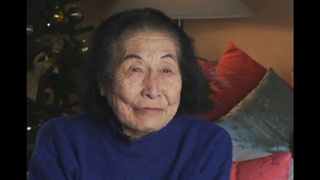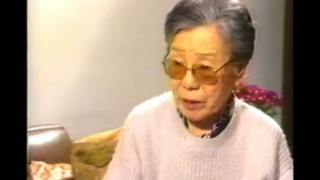Interviews
“I had no idea about studying law…”
I remember studying in the law library at Stanford, and I’d see just rows of books, sort of like here in my office, and I thought “Oh, my God, you have to read all of those books if you want to be a lawyer?” They all looked alike, it didn’t look like a very interesting endeavor. And I didn’t know any lawyers. I mean, I had no idea what it was to be a lawyer. So it wasn’t something that I even thought about.
Date: July 10, 2012
Location: California, US
Interviewer: Lawrence Lan
Contributed by: Watase Media Arts Center, Japanese American National Museum; Japanese American Bar Association













